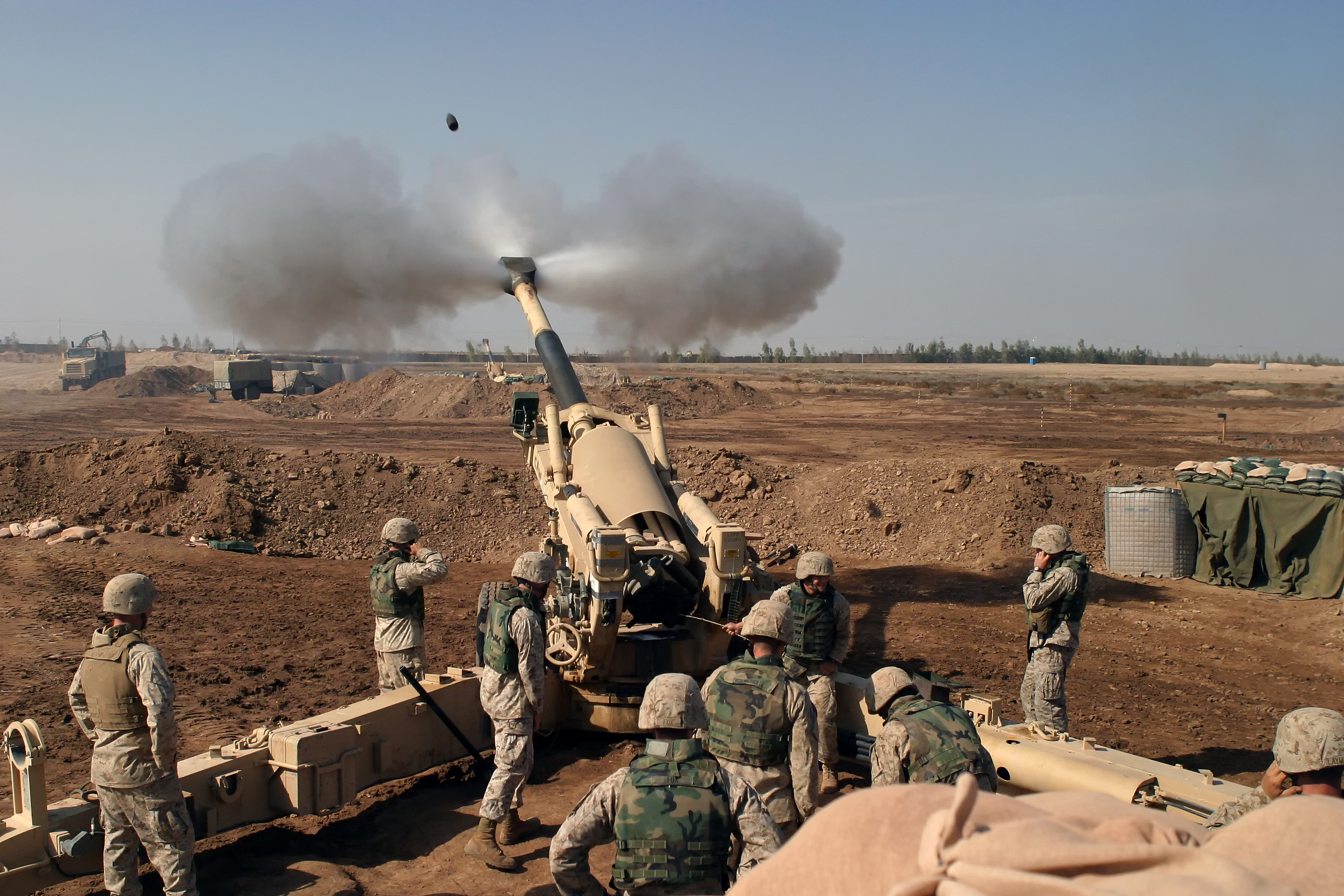A continuing series by Dr. Dahlia Wasfi
My father was one of ten children, so we have a lot of family in Iraq. Seemingly everywhere I was escorted during those six days in Basra, I met blood relatives or my father’s former students.

Most Basrawis (pronounced “bas-RAO-weez,” meaning people of Basra) live their whole lives in their hometown. My father, though, had traveled to the U.S. and become successful.
I heard so many wonderful accolades about him and his teaching during my short stay. I later joked with my father that all the images of Saddam Hussein that had been destroyed after the invasion soon would be replaced with his picture to honor his courage and success.
I experienced joy with my cousins that I had not felt for long as I could remember. My spirits were up, so much so that I stopped my anti-depressive medications. I felt cured.
Because of the unpredictability of a country without law and order, my stay was cut short. I had to return to Amman via Baghdad to make my flight home. But I promised my family that I would return for a longer stay—very soon, we hoped—when conditions in the new Iraq had improved. I left in early March 2004.
While we looked toward the horizon for better days, conditions in Iraq went from bad to worse. Electricity and water became scarcer, as did jobs and security. But the lack of these basic necessities was quickly overshadowed by the monstrous obscenities of the American-led occupation.
The atrocities committed against Iraqis by occupation forces at Abu Ghraib prison (and many other prisons throughout the country) came to light. With good reason, anti-American sentiment in Iraq skyrocketed to new highs. The indiscriminate slaughter of Iraqis continued, exemplified by the April 2004 siege of the city of Fallujah, the October 2004 bombings of Fallujah, and the November 2004 massacre of the people of Fallujah.
That November, I had wanted to take my return trip to Iraq, but U.S. Marines had blocked the route of my last trip, the road from Amman to Baghdad.


